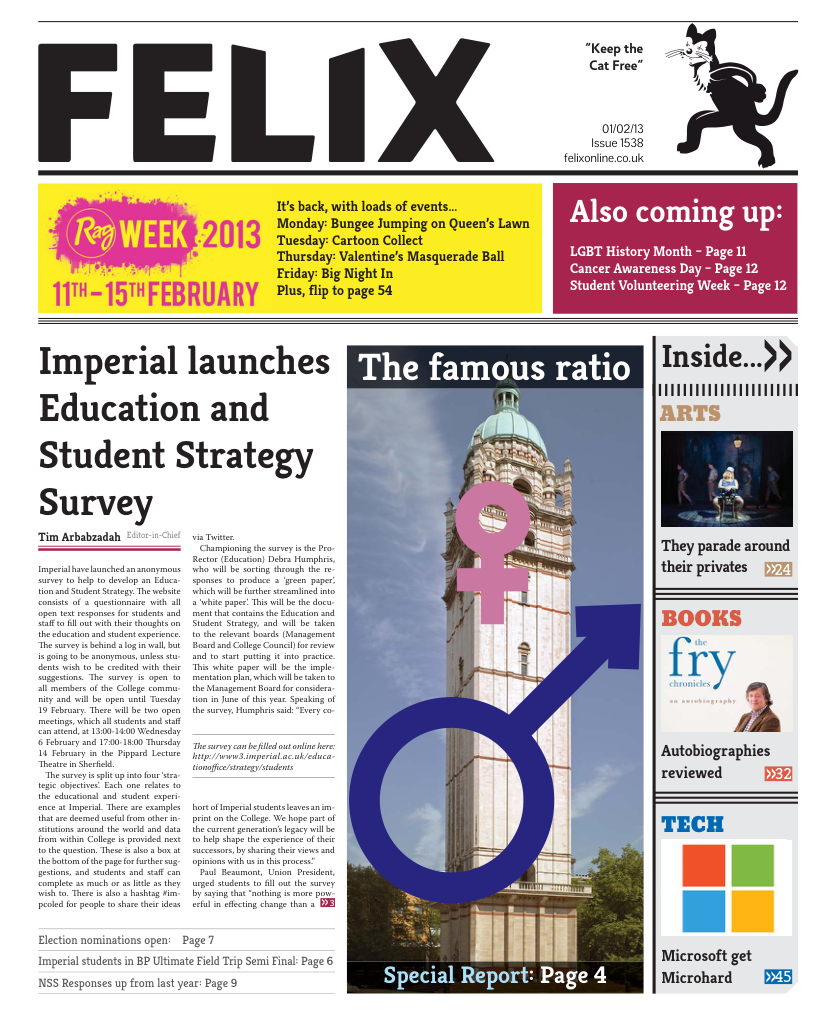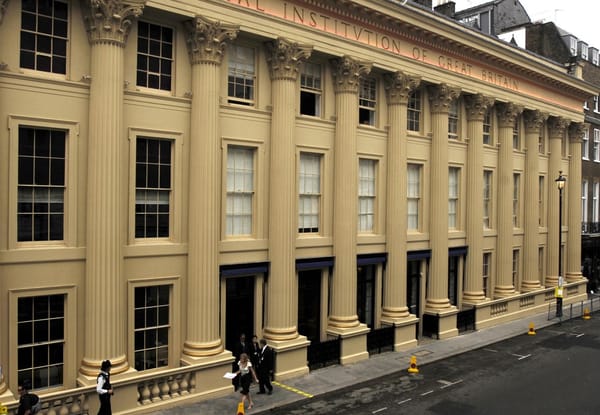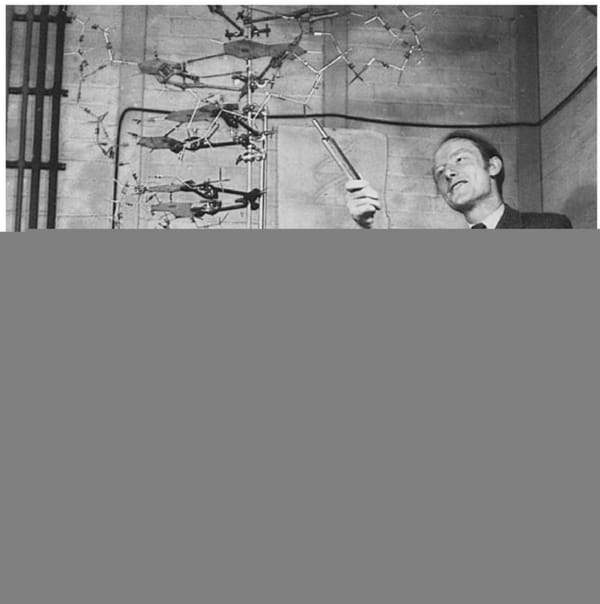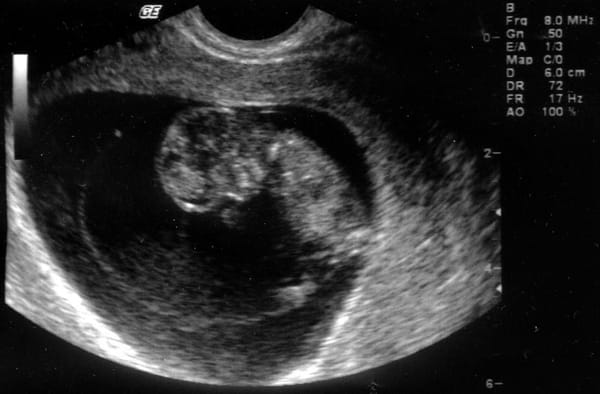Shakespeare’s sonnets encoded in DNA
Could DNA storage be the future?
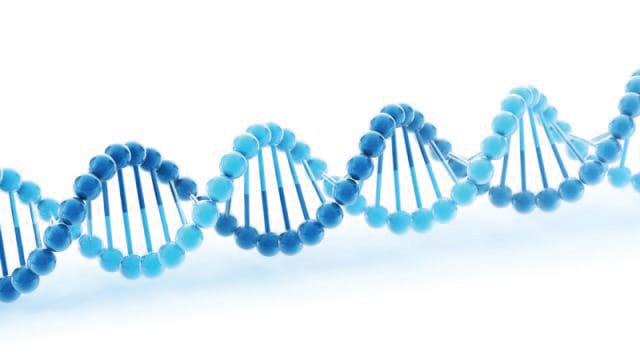
Forget parchment in calf skin binding. Forget mock pine filing cabinets jammed with A4. Forget CDs, DVDs, MP3s – in fact, forget all digital, data-storing acronyms.
A team of scientists has stored all 154 of Shakespeare's sonnets in DNA – the Bard of Avon quickly turns in his grave – along with 26 seconds of Martin Luther King's "I have a dream" speech, Watson and Crick's paper on the structure of DNA, and a photograph of the European Bioinformatics Institute where the research took place.
The findings, reported in Nature, suggest that DNA is the perfect archive. Enormous data sets can be stored concisely and accurately. If maintained in cold, dry and dark environment, it could last for millennia.
The team led by Nick Goldman translated computer files into DNA code, synthesised the DNA, sequenced it, and reconstructed the files with 100 percent accuracy.
All the data was stored on 153,335 strings of DNA, each made up of 117 nucleotides. Nick Goldman suggests that DNA storage could be used in large-scale, long-term projects, for example, at CERN, the European nuclear research centre in Geneva. Eighty petabytes – that is 1 million gigabytes – of data about the Large Hadron Collider currently stored on disk could be kept in a small amount of DNA.
Technological advances are rapidly reducing DNA synthesis costs, suggesting this form of storage might be with us sooner than we think.
Scientists have considered storing data in live vectors, such as bacteria. But mutations might change the text over time and storage conditions would have to be carefully regulated. And perhaps the idea is just too strange: Martin Luther King, more than fort-five years after his assassination, living on in a bacterial smear.
Shakespeare's Sonnet 55 begins: Not marble, nor the gilded monuments of princes, shall outlive this powerful rhyme... A statement that appears eerily true.
DOI: 10.1038/nature11875

